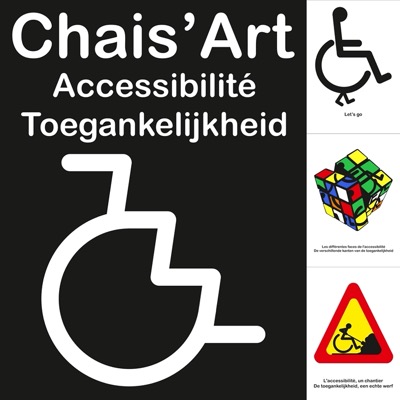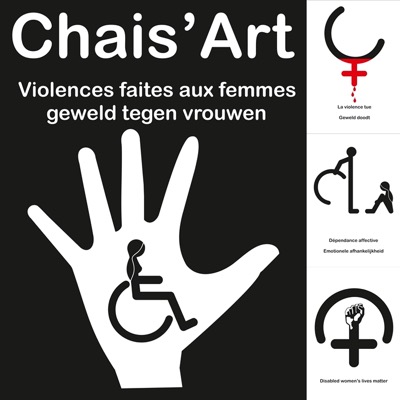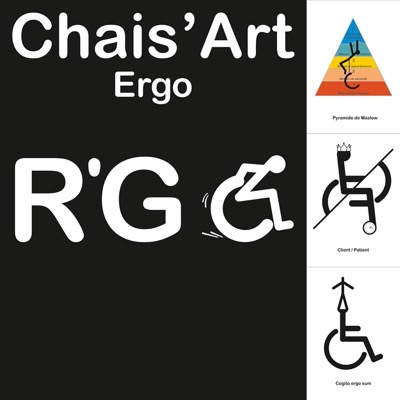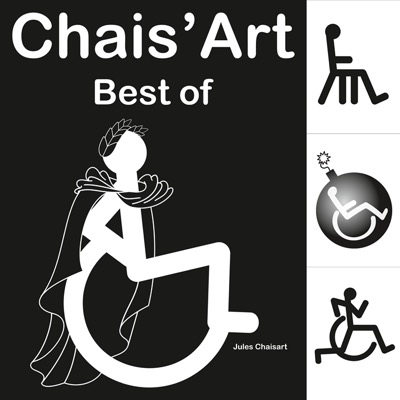Hearing impairment
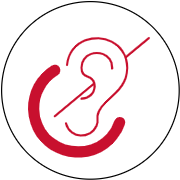
Deafness is defined as the complete loss of hearing in one or both ears. Hearing impaired, more broadly, refers to people with a complete or partial loss of hearing. This loss may be mild (20-40 Db), moderate (41-70 Db), severe (71-90 Db), profound (91-119 Db) or total (120 Db).
Depending on the part of the ear affected, two types of hearing loss are observed. The first is conductive hearing loss, which is an outer or middle ear problem (often curable). This can often be remedied by surgical or medical treatment. The second is sensorineural hearing loss, which is related to a problem in the inner ear and sometimes the auditory nerve (usually permanent).
News
Links
EIDD Design for All Europe is a unique international platform for different organizations with a common goal: a more inclusive Europe for everyone.
The fundamental basis of a European philosophy for accessibility is the recognition,
acceptance and fostering - at all levels in society - of the rights of all human beings,
including people with activity limitations ..... in an ensured context of high human health,
safety, comfort and environmental protection. Accessibility is an essential attribute of a
"person-centred", sustainable built environment.
acceptance and fostering - at all levels in society - of the rights of all human beings,
including people with activity limitations ..... in an ensured context of high human health,
safety, comfort and environmental protection. Accessibility is an essential attribute of a
"person-centred", sustainable built environment.

